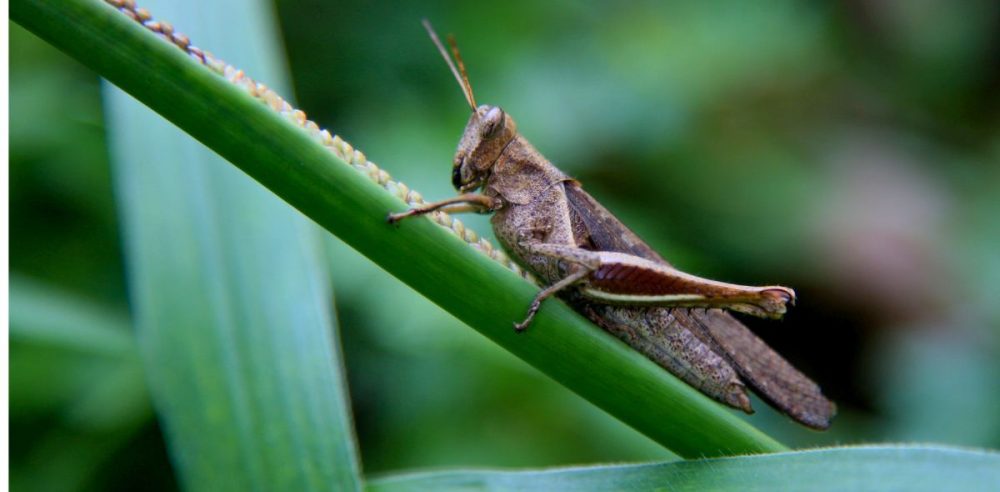As Texas transitions into fall, many Dallas-Fort Worth residents are noticing a significant increase in black crickets, a phenomenon tied to recent heavy rains and moist weather conditions.
The uptick in sightings has prompted state experts to share insights on this common yet often overlooked species and their impact on the state’s ecosystem.
Black crickets, part of the Gryllus assimilis family of insects, thrive in moist conditions, which explains their seeming abundance across North Texas following the recent “wet weather.”
Entomologists with the Texas A&M AgriLife Extension report that the highest populations of these insects typically occur in late summer and early fall, especially after periods of consistent rainfall.
“Cricket outbreaks are one of the most predictable pest events of the year in most areas of Texas. Late summer and fall are when adult crickets become especially abundant around homes and commercial buildings,” reported Texas A&M AgriLife Extension.
Female crickets can lay between 150 and 400 eggs in the ground, remaining dormant through winter before hatching in the spring. While these insects are primarily outdoor dwellers, they can often venture indoors, causing concern for homeowners and business owners alike.
Wizzie Brown, an entomologist with Texas A&M AgriLife Extension, told The Dallas Morning News, “We had a burst of them after Labor Day weekend when it got cooler and I expect with cooler temperatures upcoming, they will be active again.”
Although swarms of crickets can be alarming and may produce unpleasant odors or a few jump scares, experts assure that these black crickets pose minimal harm. Crickets primarily feed on decaying organic material and are not likely to cause significant damage to plants or crops.
Experts recommend controlling outdoor lighting to manage cricket populations, as these insects are attracted to bright lights during their mating season.
Rather than resorting to insecticides, which can disrupt local ecosystems, natural repellents can potentially be just as effective against the spread of crickets.
According to experts, crickets are deterred by peppermint, lavender, citronella, and vinegar scents, offering natural preventative options for the rain-loving black insects.
Further tips, provided by KSST Radio, to deter black crickets from invading or overtaking your home or workplace include:
- Apply preferred deterrent spray in corners and around windowsills.
- Set up glue traps in areas like basements and kitchens.
- Use dim light bulbs for outdoor lighting.
- Keep your yard well-maintained.
- Seal any “openings” in your home.
- Hire a pest control professional for preventative treatment.


